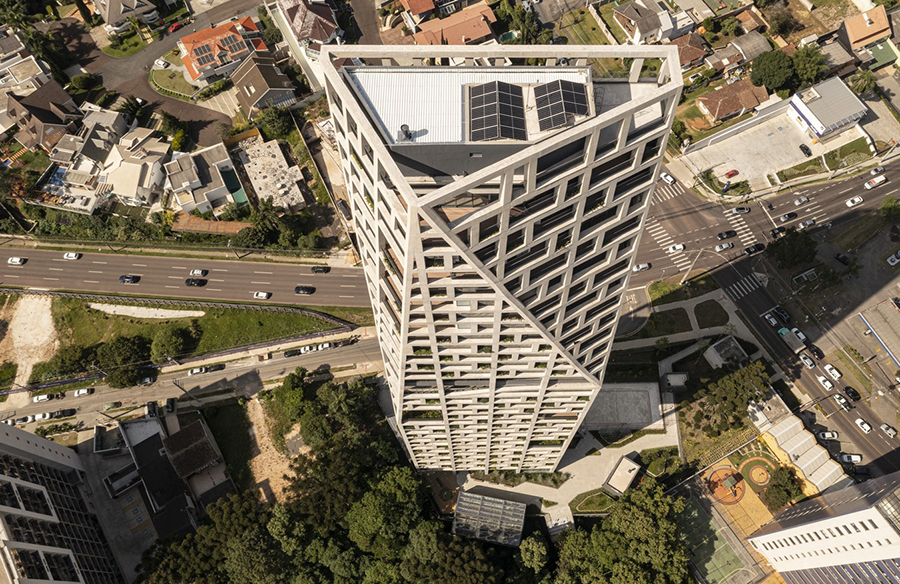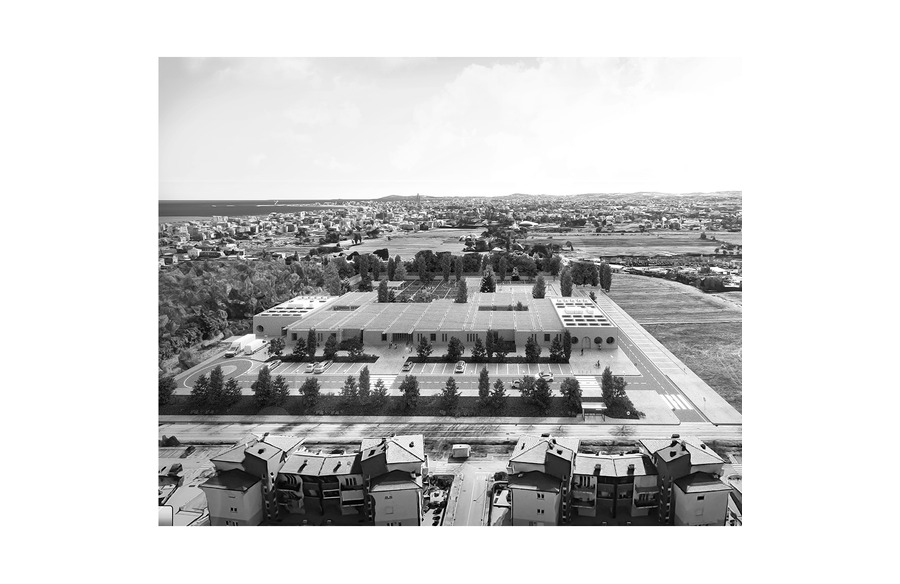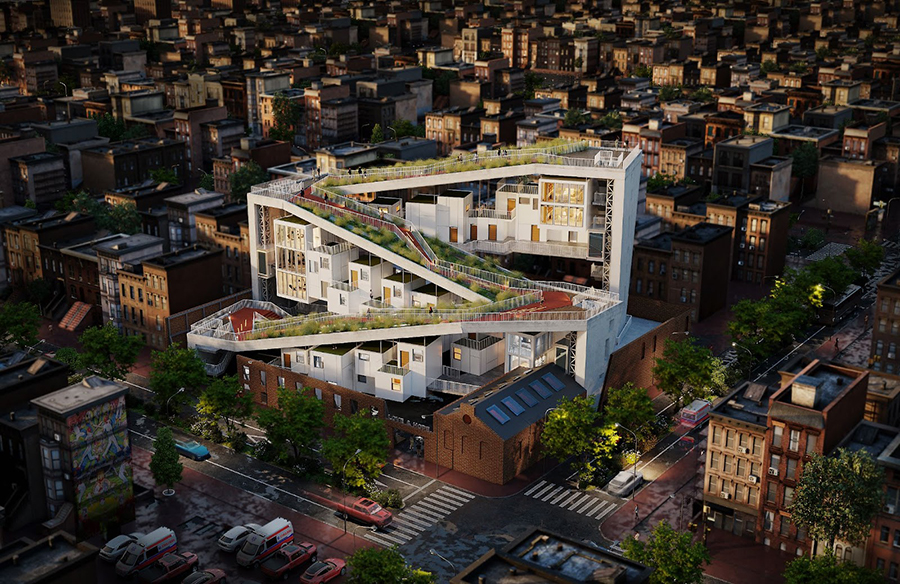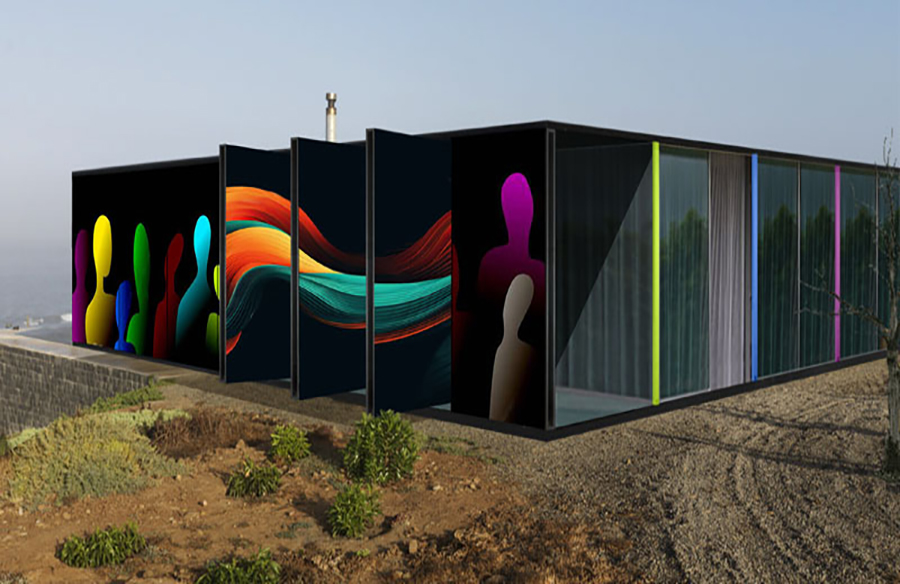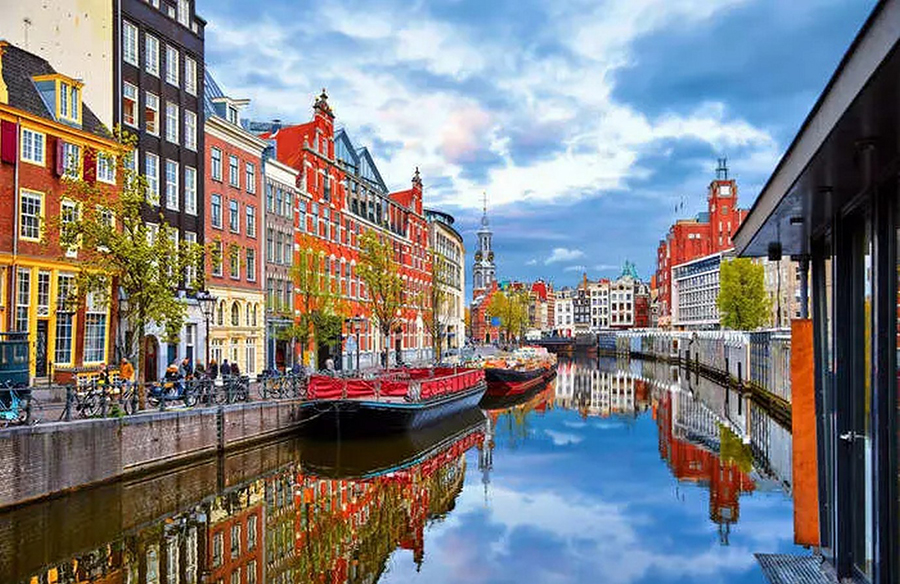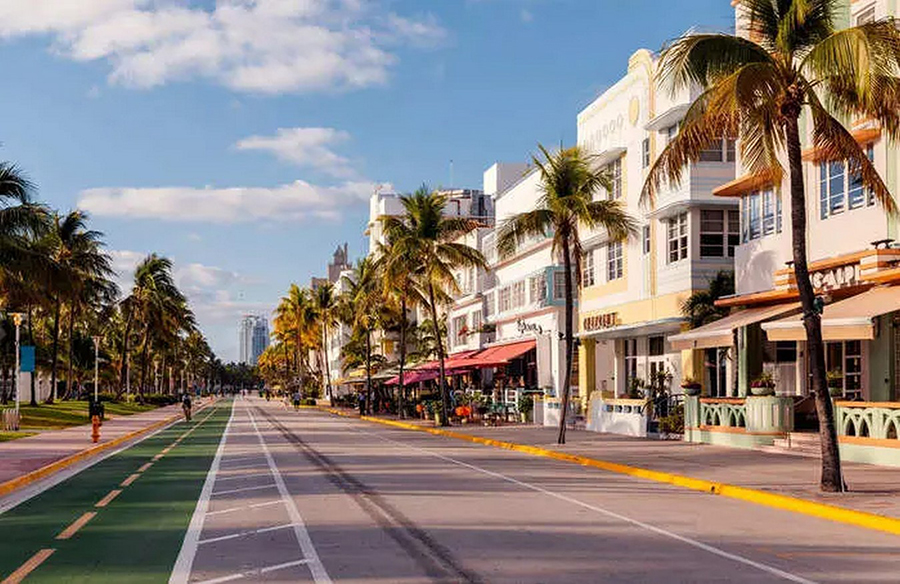The Future of Gardens: Anticipating Changes in 2050

As we peer into the future, it’s evident that our gardens in 2050 will likely bear little resemblance to those we know today. While gardening trends may evolve over time, the most significant transformations will be driven by the ongoing impacts of global climate change.
Climate Change Trends Shaping Gardens
With temperatures on the rise globally, our gardens will experience shifts in temperature and precipitation patterns. These changes will vary regionally, presenting unique challenges for gardeners worldwide. Even subtle temperature changes can profoundly impact plant growth and biodiversity, reshaping the landscape of our gardens.
Extreme weather events, exacerbated by climate change, will become more frequent, necessitating greater resilience in garden design and management. As plant species adapt to shifting environmental conditions, gardeners will need to anticipate these changes to cultivate thriving ecosystems.
Embracing Sustainable Gardening Practices
The future of gardening hinges on our collective response to environmental challenges. Will gardeners prioritize biodiversity, sustainability, and resilience in the face of climate change? The answer lies in our commitment to sustainable gardening practices.
Each gardener plays a crucial role in shaping the future of gardening, fostering biodiversity, and adapting to changing environmental conditions. By embracing sustainable approaches, we can ensure that our gardens remain vibrant, productive, and resilient in the decades to come.
Envisioning the Garden of 2050
The ideal garden of 2050 will be a testament to foresight and innovation, designed to thrive in a changing climate. It will:
- Anticipate climate and micro-climate changes, with careful plant selection tailored to specific environmental conditions.
- Foster diverse plant communities that enhance stability and resilience within the ecosystem.
- Support wildlife habitat, promoting biodiversity and ecological balance.
- Prioritize water efficiency, utilizing this precious resource responsibly.
- Sustainably produce food and meet human needs, recognizing the multifaceted role of gardens.
- Operate as a closed-loop system, minimizing waste and external inputs over time.
While the garden of 2050 will undoubtedly face challenges, it also holds the potential for innovation and transformation. By envisioning a future garden that embodies sustainability and resilience, we can work towards making that vision a reality.


 English
English 

